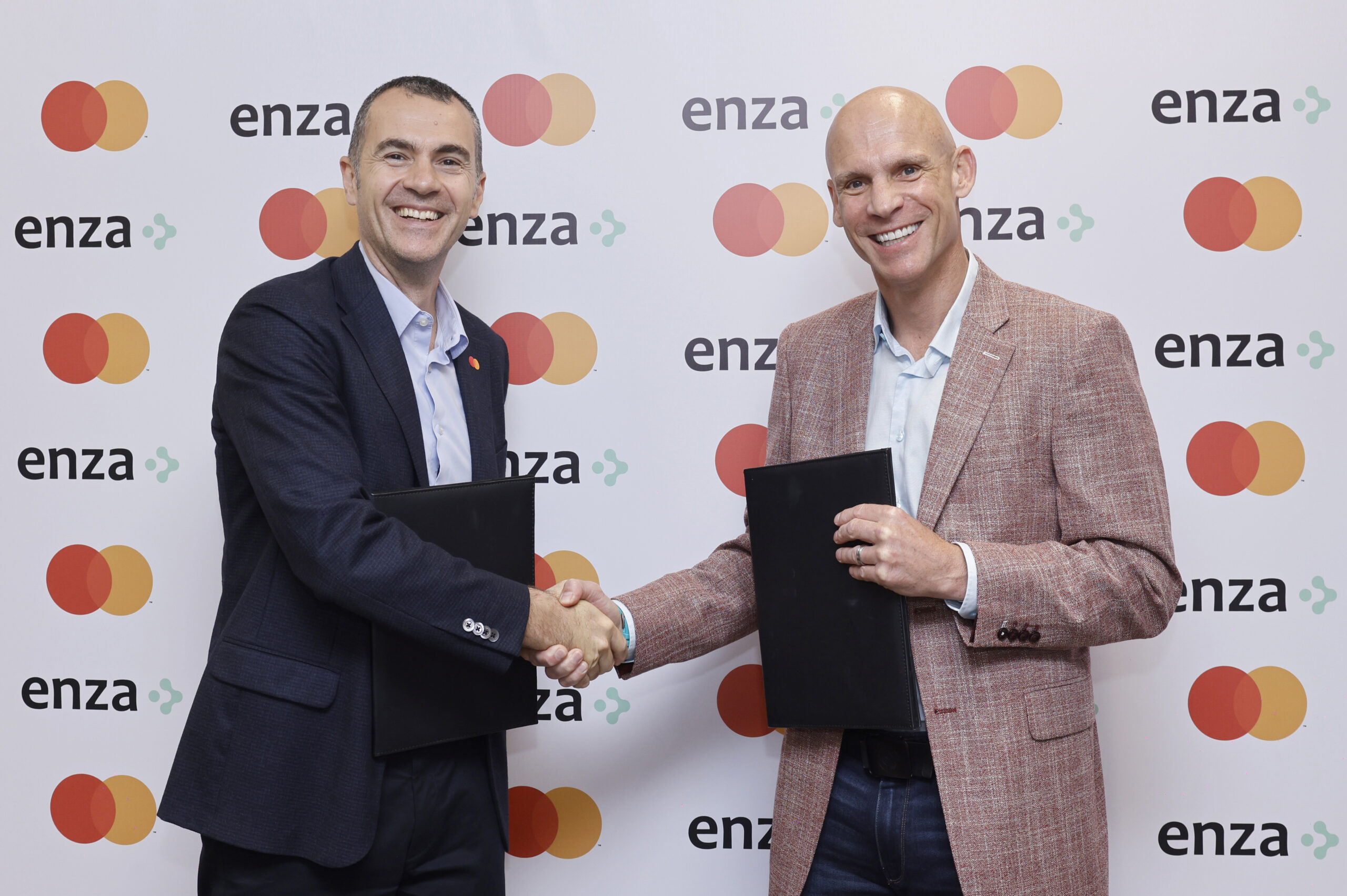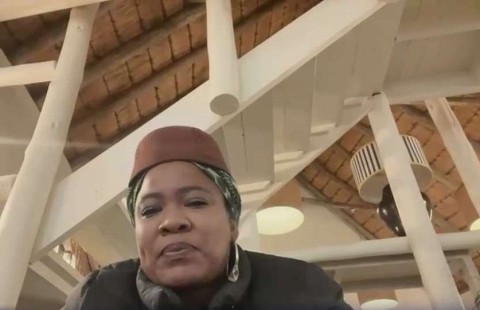African nations push dollar-free trade despite Trump threats
A growing number of African nations are accelerating plans to abandon the US dollar in regional trade settlements, a move gaining traction despite sharp warnings from US President Donald Trump.
At the heart of the push is the Pan-African Payments and Settlement System (PAPSS), a local currency platform that allows transactions across borders without converting to dollars. Launched in 2022 with just 10 commercial banks, PAPSS is now active in 15 countries and boasts 150 banks on its network.
Advocates say the initiative is driven by a desire to lower the cost of trade, not to provoke geopolitical tensions.
“Our goal is not de-dollarisation,” said Mike Ogbalu, chief executive of PAPSS. “African economies struggle with access to global currencies for settlements. This system reduces our dependency and cuts costs significantly.”
The traditional reliance on correspondent banking relationships with institutions outside Africa often means even trade between neighbouring nations is settled via the US dollar adding to costs and delays. According to a UN agency, Africa’s trade is 50% more expensive than the global average, partly due to these financial inefficiencies.
Experts estimate that replacing dollar transactions with local currencies could save the continent up to \$5 billion annually.
But the growing independence from the dollar has triggered a forceful response from President Trump. After the BRICS bloc including South Africa, Egypt and Ethiopia discussed alternative currency systems, Trump lashed out, warning of tariffs on any country attempting to challenge the dollar’s dominance.
“There is no chance that BRICS will replace the US Dollar in international trade, or anywhere else,” Trump posted on Truth Social. “Any country that tries should say hello to tariffs, and goodbye to America!”
Despite this, African leaders are pressing ahead. South Africa, which currently holds the G20 presidency, has made local payment systems a top agenda item. It hosted a session on the issue during a G20 finance ministers’ meeting in Cape Town and is pushing for tangible reforms.
“For us to function as a continent, it’s important that we start trading and settling in our own currencies,” said Lesetja Kganyago, South Africa’s central bank governor.
The shift is also being supported by the International Finance Corporation (IFC), the World Bank’s private sector arm, which has begun issuing local currency loans to African businesses to protect them from exchange rate volatility.
Analysts warn, however, that the continent’s efforts may become entangled in larger geopolitical struggles, especially as China and Russia also seek alternatives to the dollar amid sanctions and global tensions.
“The perception is likely to be that this is about geopolitics,” said Daniel McDowell, an international finance expert at Syracuse University. “But for Africa, the motive is fundamentally economic.”









